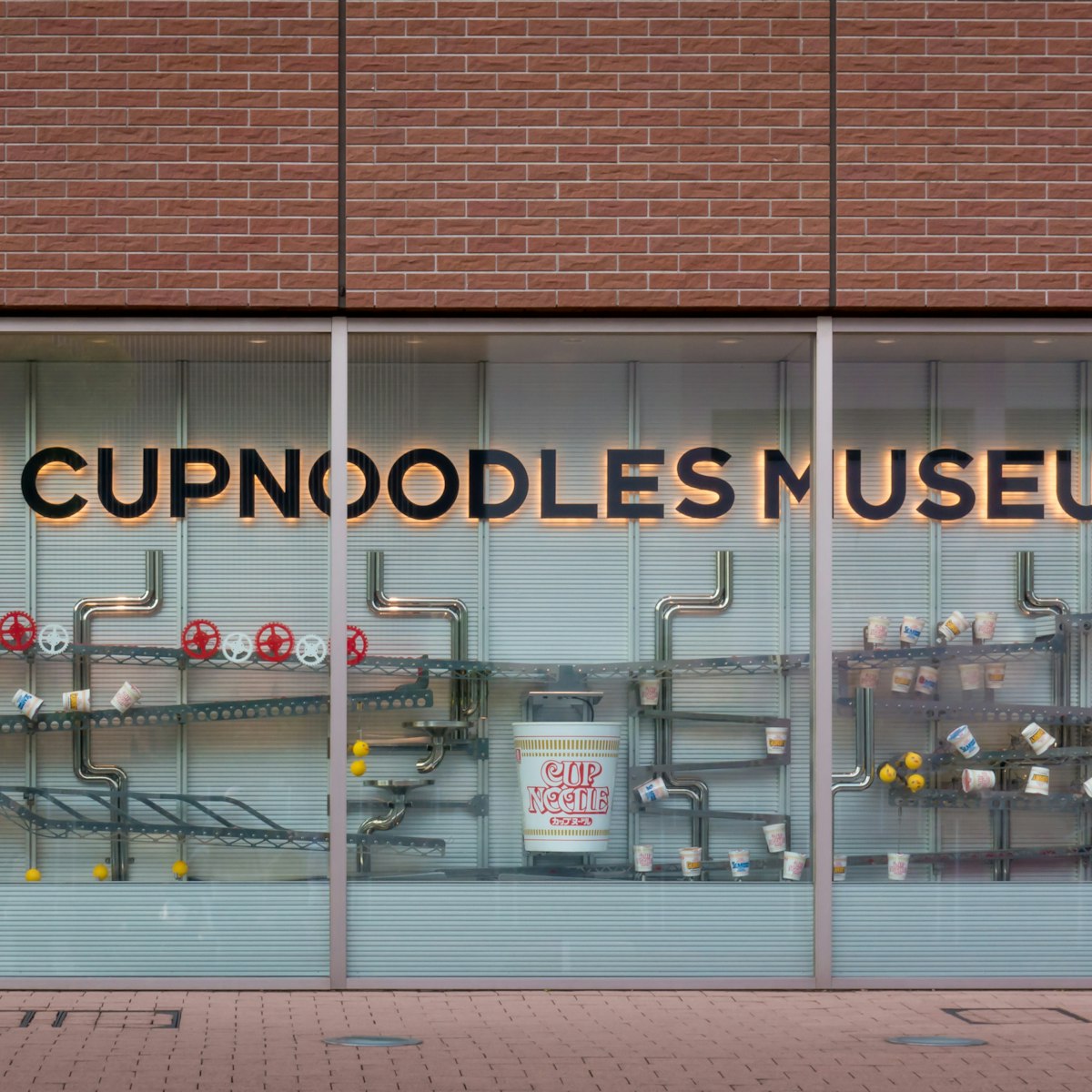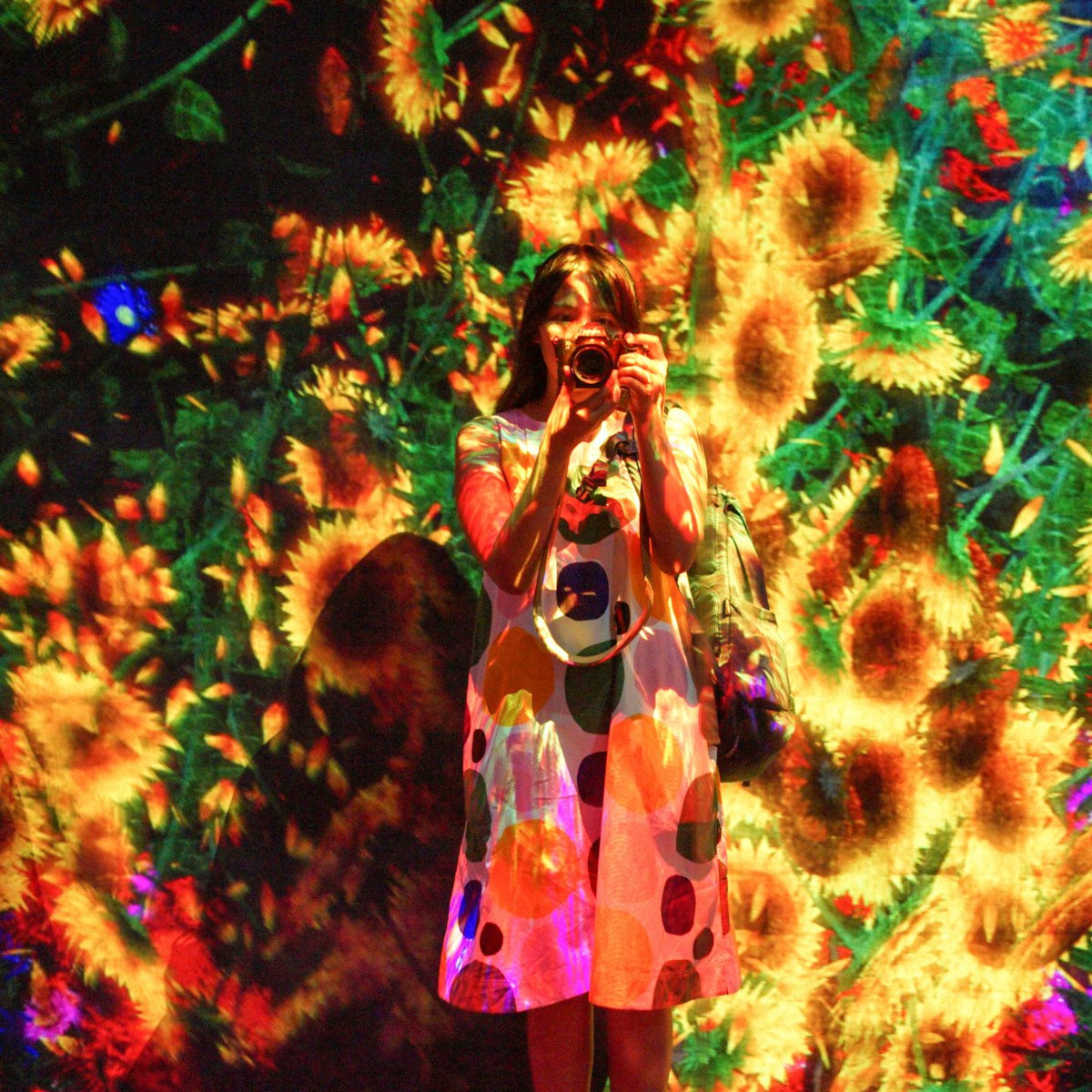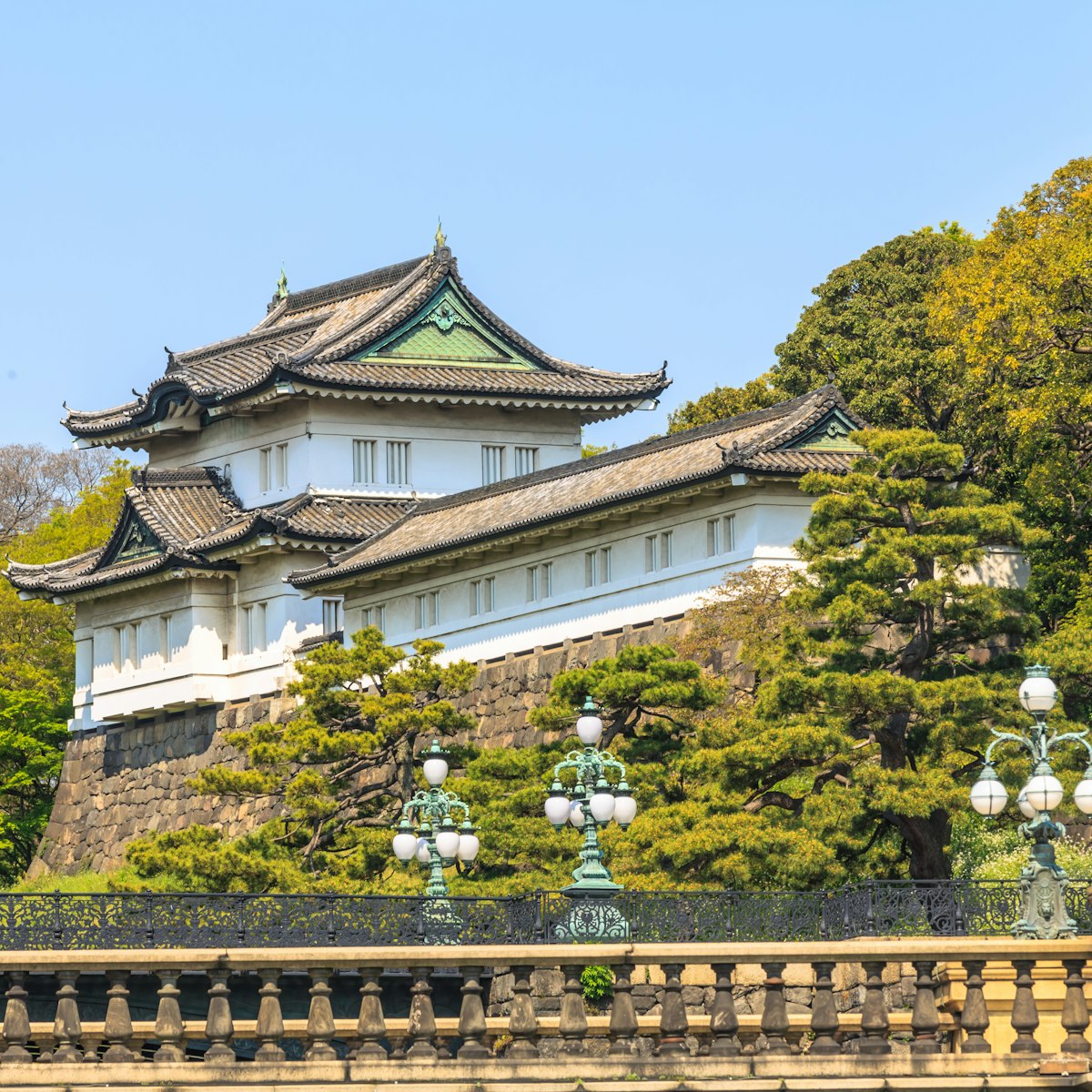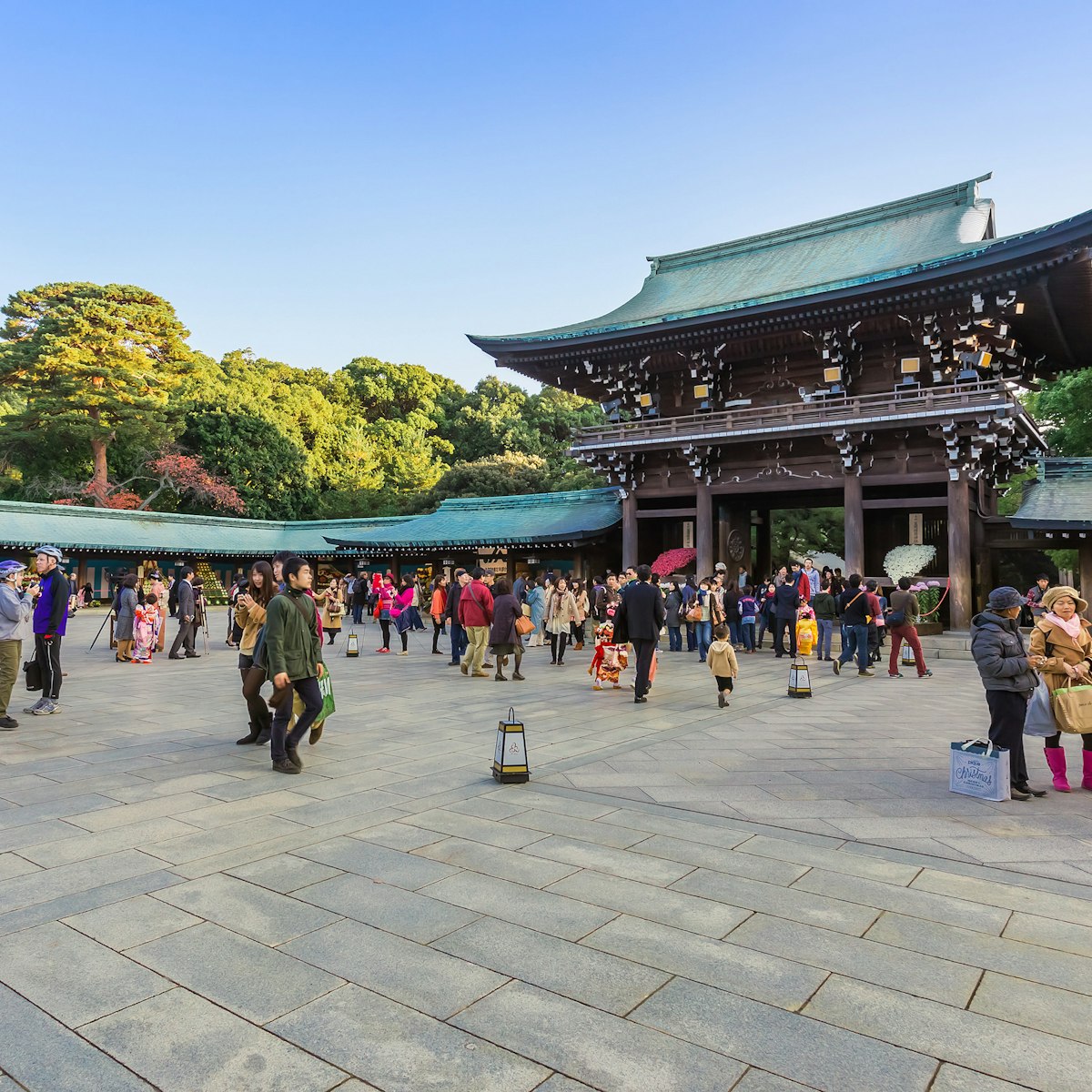Golden Gai – a Shinjuku institution for over half a century – is a collection of tiny bars, often literally no bigger than a closet and seating maybe a dozen. Each is as unique and eccentric as the ‘master’ or ‘mama’ who runs it. In a sense, Golden Gai, which has a strong visual appeal, with its low-slung wooden buildings, is their work of art. It's more than just a place to drink.
The district has long been a gathering spot for artists, writers and musicians. Originally many bars here functioned more like clubhouses for various creative industries. Some bars prefer to keep their doors closed to customers who aren't regulars (foreign tourists included) to preserve that old atmosphere; others will welcome you (if there is space, of course). Recently there's been a changing of the guard, as new, younger owners take over, and the exclusive atmosphere of old is giving way to a lively scene of international bar hoppers, instinctively drawn to Golden Gai's free spirit.
The best way to experience Golden Gai is to stroll the lanes and pick a place that suits your mood. Bars that expressly welcome tourists have English signs posted on their doors. Many bars have a cover charge (usually ¥500 to ¥1500), which is often posted on the door.
Note that while Golden Gai is highly photogenic, it is also private property; do not take photos unless you have explicit permission.
Hotels near Golden Gai
Shinjuku, the ward of Tokyo in which Golden Gai is located, is a convenient and popular base for visiting the city, with hotel options at all price levels. It's worth noting, however, that many budget hotels are in the red-light district, Kabukichō; while not dangerous exactly, the district does have seedy pockets and solo female travellers in particular might feel uncomfortable. Hotel options within walking distance of Golden Gai include Hotel Gracery Shinjuku (7-minute walk), Imano (7-minute walk) and Shinjuku Granbell Hotel (5-minute walk).








